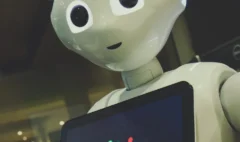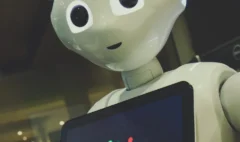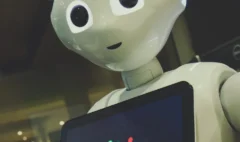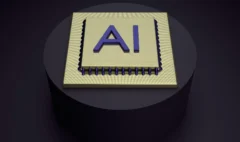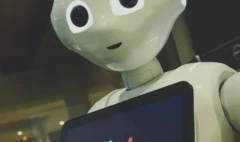The Future of Work: Adapting to Automation and Artificial Intelligence
The Future of Work: Adapting to Automation and Artificial Intelligence
The rapid advancement of automation and artificial intelligence has brought about significant changes in the nature of work. As machines become more intelligent and capable of performing complex tasks, it is inevitable that some jobs will be replaced by automation. However, this does not mean that humans will become obsolete in the workforce. Instead, it calls for a shift in the skills and roles that will be in demand in the future.
One of the key areas where automation and AI are making a significant impact is in repetitive and routine tasks. Machines can now perform these tasks faster, more accurately, and without fatigue. This has led to increased efficiency and productivity in many industries. However, it also means that jobs that primarily involve repetitive tasks, such as data entry or assembly line work, may be at risk of being automated.
On the other hand, the rise of automation and AI also presents new opportunities for human workers. As machines take over repetitive tasks, humans can focus on higher-level skills that require creativity, critical thinking, and emotional intelligence. These skills are difficult to replicate in machines and are likely to be in high demand in the future job market.
One area where human skills will be particularly valuable is in problem-solving and decision-making. Machines may be able to analyze vast amounts of data and provide insights, but it is humans who can interpret and apply that information to make informed decisions. As businesses become more data-driven, the ability to analyze and interpret data will be a valuable skill.
Another skill that will be in demand is adaptability. With technology advancing at a rapid pace, the jobs and industries of the future may look very different from what we know today. Workers will need to be flexible and open to learning new skills to stay relevant in the changing job market.
Communication and collaboration skills will also be crucial in the future workplace. As automation takes over routine tasks, human workers will need to work alongside machines and collaborate effectively. The ability to communicate complex ideas, work in teams, and build relationships will be highly valued.
While automation and AI may replace some jobs, they also have the potential to create new ones. As technology continues to advance, new industries and roles will emerge. For example, the development and maintenance of automation systems will require skilled technicians and engineers. Similarly, the field of artificial intelligence will require experts in machine learning and data science.
In conclusion, the future of work is undoubtedly being shaped by automation and artificial intelligence. While some jobs may be at risk of being automated, there will always be a need for human skills that cannot be replicated by machines. The key to success in the future job market will be to adapt and develop skills that are in high demand, such as problem-solving, adaptability, communication, and collaboration. By embracing these changes and continuously learning, individuals can thrive in the evolving work environment.



